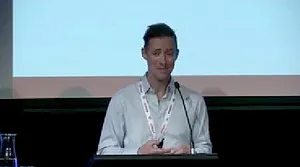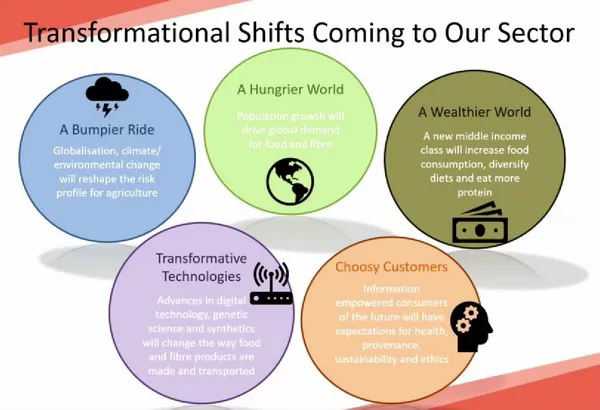Peak Australian horticulture body Growcom has recently wrapped up its campaign, which not only encouraged young people to explore working in the agriculture sector but also gained valuable information about the new generation of workers (Gen Z) for future workforce planning.
Agri Workforce Officer Blair Brown explained a 'Gap Year' project that finished this year, through a partnership between Growcom and prominent digital platform for high school leavers, Year13. It was aimed at 16-24-year-olds at the time when the pandemic severely disrupted the fruit and vegetable businesses, and the industry needed to explore new and innovative ways to ensure access to a reliable workforce.
"When COVID-19 hit and backpackers left the country, we were worried and left wondering what to do, knowing there would be a huge labour hole," he said. "We then came up with a gap year concept, based around how we mobilise young people, coming from an adventure and fun aspect to go and see regional Queensland, but use agriculture as a conduit. The whole campaign was based on social media marketing; we came up with ways to drive them to a landing page. Once they hit this page they got a bit of a tour and were then able to connect with 24 employers of choice, who were assessed as fair and ethical employers. We didn't provide the recruitment, but we would train them, so they undertook a micro-credential on the way through, so when they turned up on day one they weren't completely green - then the connection was in the hands of the employer and the potential worker."

Mr Brown is also part of the Queensland Agriculture Workforce Network (QAWN) and is one of seven officers stationed across the state to provide free advice and guidance to agribusinesses on attraction, retention and development strategies. Another key part of the gap year initiative was that there would be pre-planned journeys to make the experience as much as exploring Australia and tourism as much as it was about the actual employment, given young people could not travel internationally and have holidays overseas at the time due to the border closures.
 "We learnt that young people, even with COVID restrictions, were keen to get out and do a gap year and explore regional Queensland," Mr Brown said. "There is an increasing appetite to travel domestically, and young people were generally confused during this time what they can and cannot do, and where they can and cannot go. There was some reluctance to travel at that time because of support networks being so close, and we knew that hospitality jobs paid more than agriculture. We also learnt that over the long term we need to commence work on how ag can creatively influence and connect with a young person's mindset, especially around issues such as the environment, health, personal development and life experience. These need to be incorporated into our attraction strategies."
"We learnt that young people, even with COVID restrictions, were keen to get out and do a gap year and explore regional Queensland," Mr Brown said. "There is an increasing appetite to travel domestically, and young people were generally confused during this time what they can and cannot do, and where they can and cannot go. There was some reluctance to travel at that time because of support networks being so close, and we knew that hospitality jobs paid more than agriculture. We also learnt that over the long term we need to commence work on how ag can creatively influence and connect with a young person's mindset, especially around issues such as the environment, health, personal development and life experience. These need to be incorporated into our attraction strategies."

He added that it is not so much about the money for young workers, as gaining a deeper connection with companies who have a purpose beyond just profits.
"So, companies that share their values and they feel more empowered to make a difference in those organisations," Mr Brown said. "As business leaders, within the context of the broader business goal, we should be actively encouraging Gen Z to channel their determination and focus their efforts on areas that they are passionate about - so it's important to understand them. So as an employer, you need to think about what you can offer, perhaps what are some of the realistic 'pros' of the location - is part of your property 'Insta-worthy'? That can be an important appeal to a young person and needs to be talked about. Also, what are some of the transferable skills that they can learn while they're there? We need to start thinking about these things when we put out job descriptions. We don't like talking about the finances because we can't really compete, but young people these days don't see cash like past generations - they want 'impact' and to make a difference, and on that, we can compete."
For more information
Blair Brown
Growcom
Phone: +61 7 3620 3844
[email protected]
www.growcom.com.au
